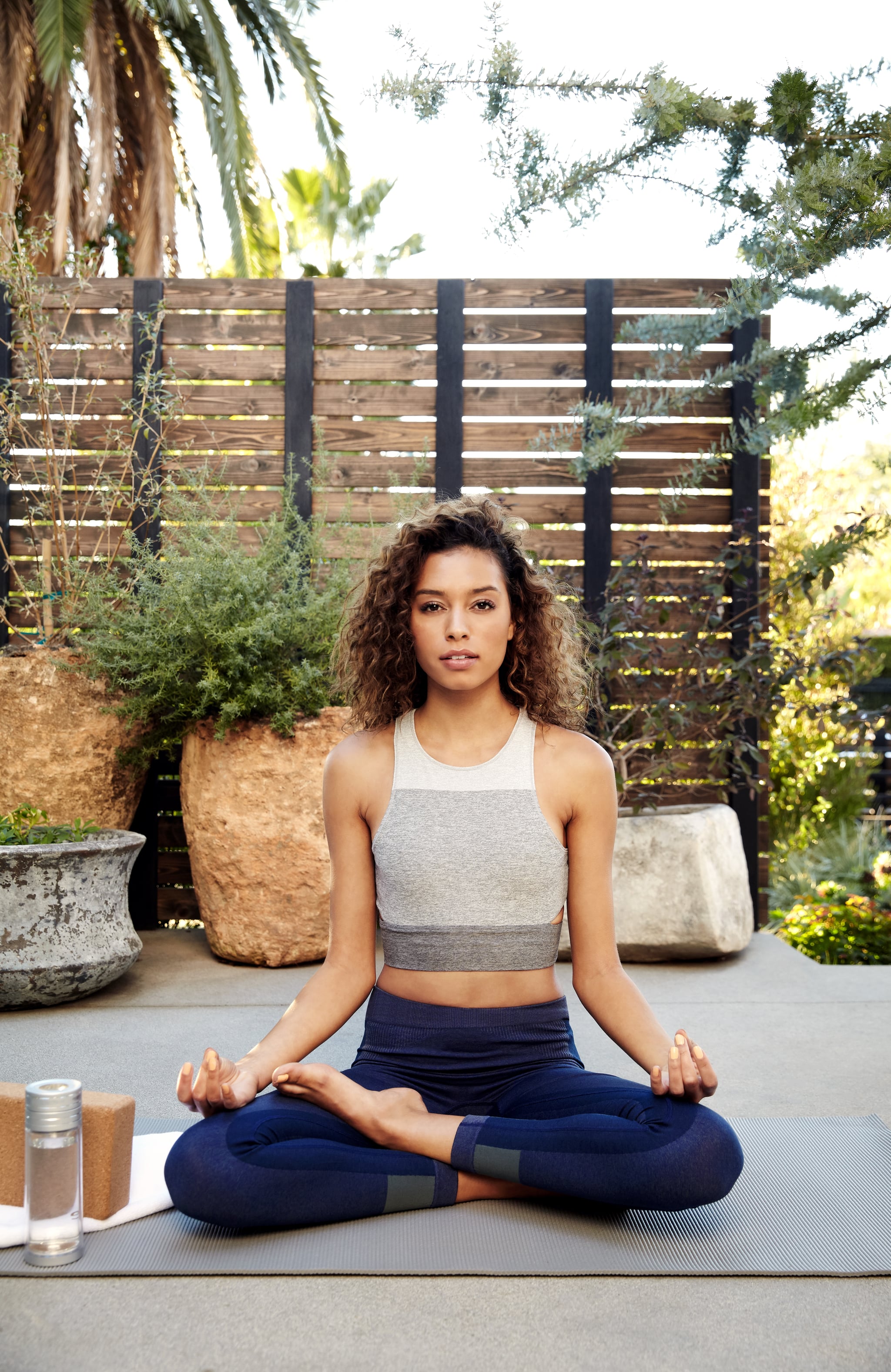3 WAYS to help cope with ANXIETY

According to dictionary meaning, anxiety is a feeling of
worry, nervousness, or unease, typically about an imminent event or something
with an uncertain outcome. It can also be describe as a nervous disorder
characterized by a state of excessive uneasiness and apprehension, typically
with compulsive behavior or panic attacks.
It is the most widespread mental illness in the US, with at least 40
million people suffering. Someone close to you may be dealing with anxiety,
even if you’ve yet to experience it. Sadly, until recently, not many people
have been willing to talk about this even to a therapist. This past year gave
me my first look into the world of anxiety. It was a meltdown of epic
proportions, not to make a joke of myself. I was exposed to a little secret
about anxiety management by a therapist.
While there is “no cure” for anxiety, its treatable-therapy,
sometimes plus certain medication, can be a powerful treatment. Have got some ways
to remedy general anxiety, but it might not be an instant-fix but you will definitely
feel in control and relaxed.
Eat
the Right Foods
Dark chocolate is a rich source of flavanols which are
packed full of antioxidant plant compounds. So we always eat some dark
chocolate. Folate, B12, magnesium, and Omega-3s are known to aid in
stress and anxiety reduction. This special treat is still something you should
make a part of your diet every day, but just make sure it’s a few squares of at
least 70% cocoa chocolate and not a whole bar, or a Snickers. Avocado. We need
B vitamins for healthy nerves and brain cells, and feelings of anxiety may be
rooted in a B vitamin deficiency.
Blueberries are more than a delicious fruit. Many consider
it to be a super food. It's rich in
vitamins and phytonutrients (plant nutrients), with a variety of antioxidants
that are considered extremely beneficial for relieving stress.

Comments
Post a Comment